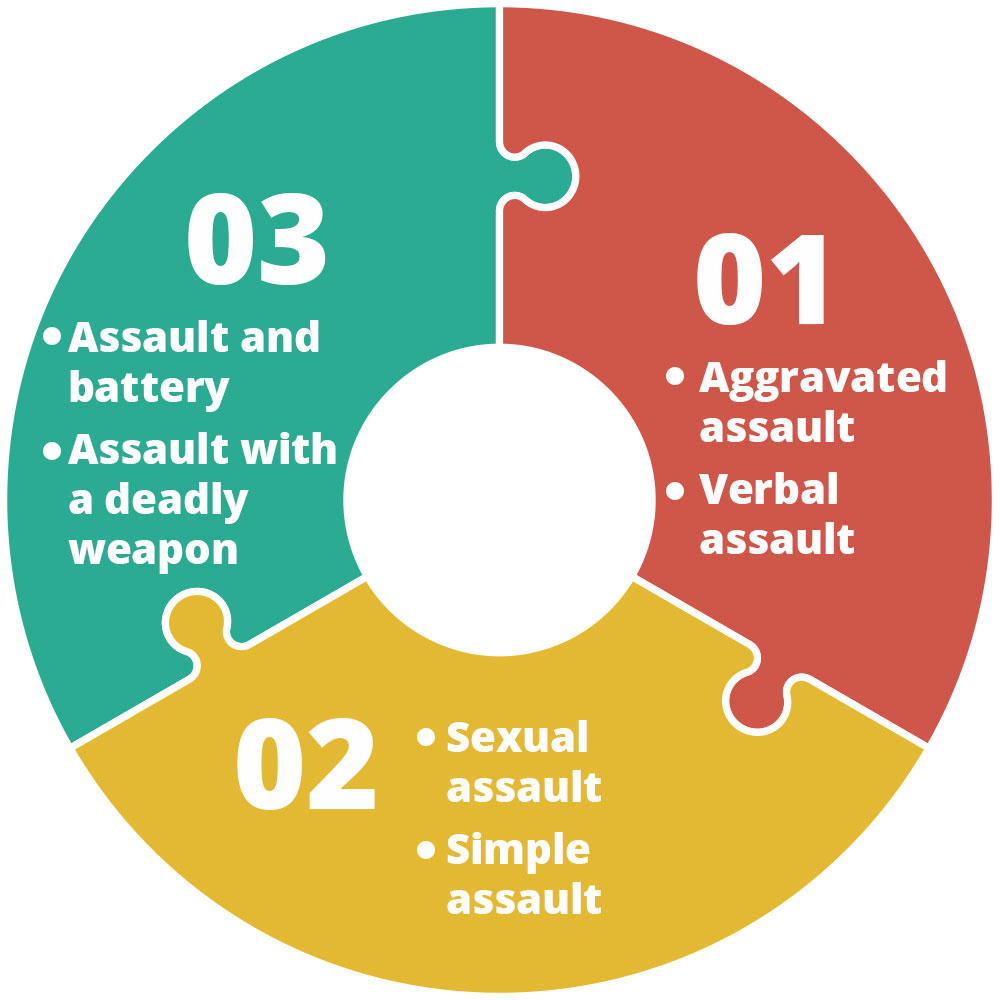What To Prepare For: The Chronology Of A Common Divorce Case
What To Prepare For: The Chronology Of A Common Divorce Case
Blog Article
Article By-Hammer MacKinnon
As you embark on the trip of browsing a separation situation, you might find yourself wondering about the timeline that exists in advance. From the preliminary phases of filing files to the complexities of negotiation and the potential for a test, each step holds its very own collection of difficulties and uncertainties. Comprehending the series of occasions can help you get ready for what's to come and prepare for the twists and turns that might emerge along the road.
Preliminary Declaring and Solution of Documents
When beginning the divorce process, the first step is the initial declaring of the essential papers with the court. This action formally begins the legal procedure and sets the separation instance in motion. You have to send forms that describe the grounds for separation, properties, responsibilities, income, costs, and any other relevant information needed by the court.
After submitting these files, copies have to be served to your partner, educating them of the divorce proceedings. This solution can be done with a process server, constable's office, or licensed mail, ensuring that your partner is officially notified of the separation case against them.
When the papers are submitted and offered, the court will offer an instance number and designate a judge to supervise the instance. It's critical to properly finish and submit these papers, as any kind of mistakes or noninclusions can delay the separation process.
This first action lays the structure for the legal dissolution of your marital relationship, marking the start of a possibly tough but essential process.
Discovery and Negotiation Stage
Throughout the Exploration and Settlement Phase of a separation situation, both events take part in collecting details and trading relevant records to better understand each other's monetary circumstances and various other important details. This phase is critical as it sets the foundation for settlements and potential settlement contracts. Through techniques such as interrogatories, ask for manufacturing of documents, and depositions, each party aims to uncover realities, possessions, financial obligations, and other crucial details that may impact the instance's end result.
Negotiations throughout this stage typically entail conversations on numerous issues like building department, kid custody, visitation routines, and financial support. how does international child custody work? may deal with their attorneys to check out settlement alternatives, potentially avoiding the demand for a test.
Arbitration or collaborative regulation processes might likewise be used to facilitate productive conversations and get to equally acceptable arrangements. It's necessary to approach this stage with transparency, sincerity, and a readiness to compromise to achieve a smoother resolution and decrease the emotional and economic toll of an extensive court fight.
Trial and Final Resolution
Progressing from the Discovery and Arrangement Stage, the Test and Last Resolution phase notes the end result of your divorce instance. This stage is where unsolved issues are brought prior to a court to make decisions on matters like possession department, child custodianship, and support. The trial generally entails providing evidence, witness testimonies, and lawful arguments to support your situation.
During the trial, both parties will have the chance to provide their positions and counterarguments. It's vital to be prepared, as the court's decision will dramatically influence the final result of your separation.
Following the trial, the judge will certainly provide a final judgment that describes the regards to the divorce, including any kind of economic settlements and custody arrangements.
As soon as the judgment is provided, the divorce is wrapped up, and both parties are legally bound by its terms. While the trial stage can be difficult and psychological, it's a necessary action in the direction of reaching a last resolution and moving on with your life post-divorce.
Final thought
Finally, navigating a divorce situation entails a collection of actions from submitting initial files to getting to a final resolution. Recognizing http://lieselotte1822joselyn.xtgem.com/__xt_blog/__xtblog_entry/__xtblog_entry/37634099-essential-devices-for-locating-the-suitable-divorce-lawyer-to-fit-your-demands?__xtblog_block_id=1#xt_blog of occasions can help you get ready for what to anticipate throughout the process. By being proactive, looking for legal assistance, and remaining educated, you can navigate the intricacies of divorce proceedings with confidence and clearness.
